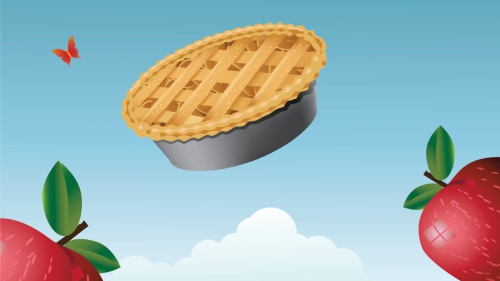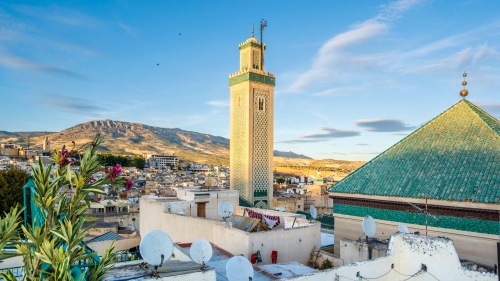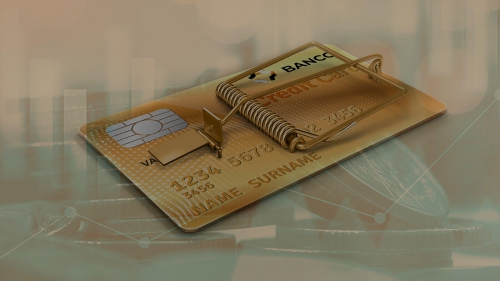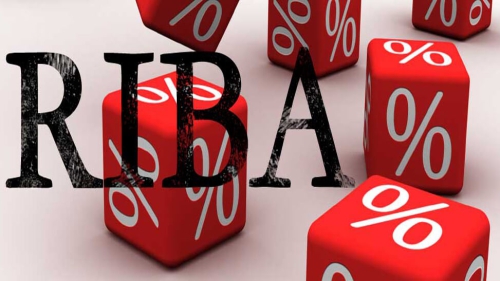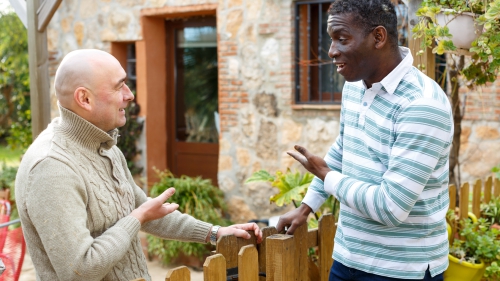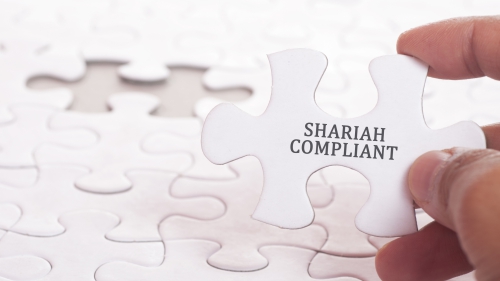12 Lessons on Waqf for Social Impact
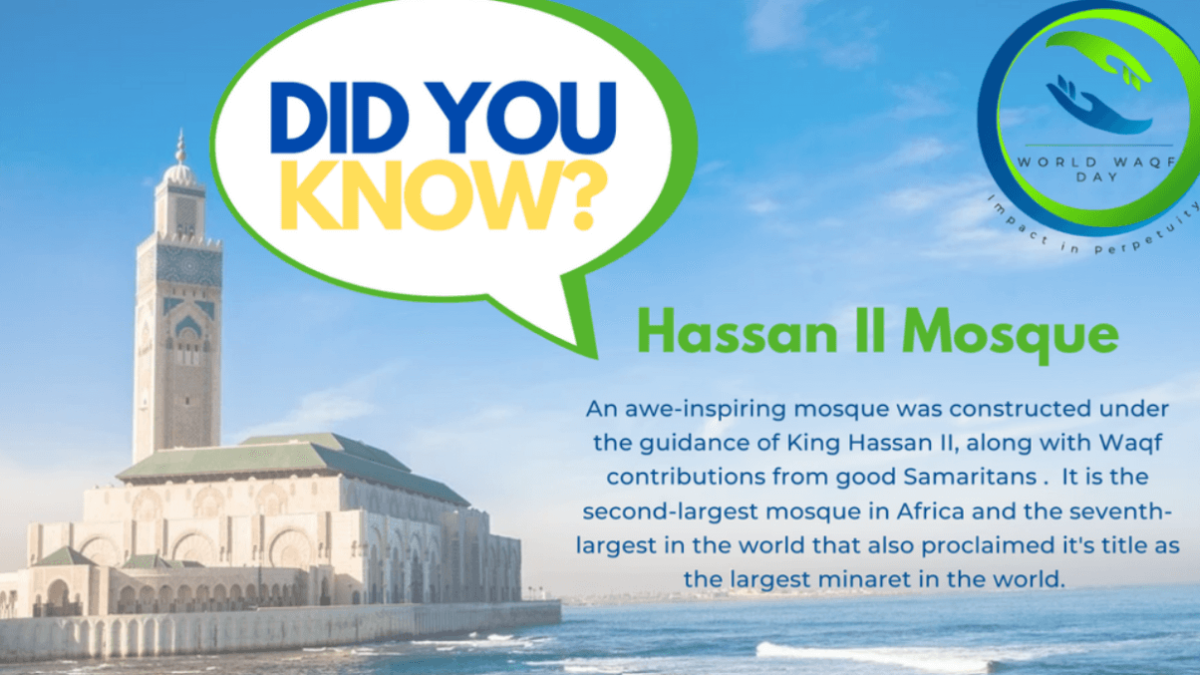
‘People were born in waqf property, educated in waqf schools, worked in waqf enterprises, received medical treatment in waqf hospitals and were buried in waqf lands’ Ottoman Waqf/M.Obaidullah
As a follow up to a 2019 by-lined article, "Waqf, Impact Investing, Youth & Blockchain", I wanted share twelve (12) observations on Waqf based upon discussions and meetings with people in the Waqf space, look at an indicator on the interest in Waqf, and how best to amplify increasing interest by young people on Waqf.
We have then placed some of the observations into action items on a platform.
The general consensus is a firm belief in the power of the Waqf to positively impact life and livelihoods of the 'less well to do,' hence, collectively uplifting societies and, eventually, humanity. However, it requires a mutli-prong of expanding the narrative, building bridges to social impact movement with projects based on governance/transparency, involving the youth and taking advantage of technology.
Waqf is about social impact, hence, principally aligned to SDGs and ESG whilst contributing to Maqasid-a-Sharia (MAS, the higher objectives of Shariah) in this ‘decade of action,’ which needs to get rolled over a number of decades.
For example, the Ottoman era can be said to have integrated most of the UN SDGs and the higher objectives of MAS within the Waqf eco-system, below image summarizes the alignment. Thus, a pilot/proof of concept (PoC) is available not to just study, but build upon as an integrated and holistic approach.
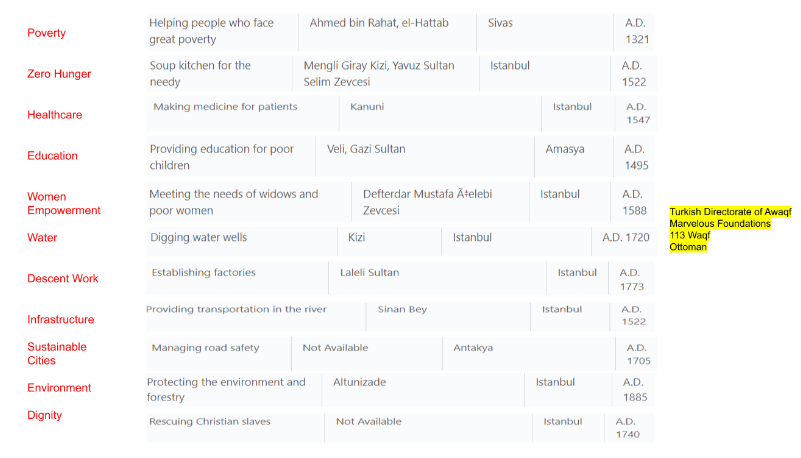
‘...Turkish Directorate of Awqaf titled Marvelous Foundations containing details about selected awqaf projects from different parts of Turkey set up during the Ottoman era. There are about 113 awqaf covered in this publication.’ Maqasid Al-Shariah, SDGs and the Ottoman Waqf - Conference by IBFNET
Some Observations:
First, there is an increasing interest in the capacity building and capability offering of Waqf, both in Muslim majority countries and western countries, like US [IRUSA Waqf], UK [National Waqf Fund], etc, towards contributing on global trending challenges, succinctly referenced in SDGs, in era of govenment budget deficits, pledges not materializing, donor fatigue, leakages, etc.
Second, the conversation on Waqf is increasingly being led by young people, as they want/demand an opportunity to have a ‘voice with call to action’ on their future and in their locality. The internet and mobile/smart phones has connected them to each other and Waqf knowledge platforms, social media has empowered cause driven movements, and their causes have gone viral. But, more platform ‘ramps’ are needed to be built to encourage young activists onto them and amplify their voices. The UNHCR efforts on Zakata/Sadaqa/Waqf and refugees are to be applauded, https://zakat.unhcr.org/en? '...UNHCR is unique in pledging that 100% of Zakat funds go directly to the most vulnerable refugees, including in hard-to-reach areas.'
[Refugees need access clean water, sanitation, shelter materials, hygiene kits, edu-tech, etc., hence, important for startup founders/acceleartors to work with UNHCR, they would provide insightful customer feedback...donations may also be in kind with such items, where donor buys such products from startups and donate, obviously there are issue of logistics].
Third, the conversation is generally 'activist' oriented, with emphasis on social impact, impact investing, impact philanthropy, social safety nets, etc. They have watched from the sidelines the consequences of the decisons made by the older generation in power (on their behalf), and the UN SDGs is the complaint on society/humanity pain points.
Fourth, Waqf is increasingly mentioned in the same sentence as UN Sustainable Development Goals (SDGs), Climate Change/Climate Refugees, etc., on addressing gap funding, relief against floods and droughts, respectively.
Fifth, Green Waqf as part of stewardship responsibilities. Enlightened leaders are understanding that in building/developing hospitals/clinics, affordable housing, mosques/schools, etc, priorities must include use of eco-friendly matrials, waste/discharge, single use plastic, water consumption and reusing, solar panels, access local food, etc., ie, Waqf projects should have low carbon footprint. The opportunity for a pilot/proof of concept (PoC) for Waqf project on blockchain to track/trace, provide status (faster), etc, presents a pioneering opportunity on governance. But, will it (1) be easy to understand, (2) distraction from the project, (3) add to the administrative costs, etc.?
Sixth, the need for convergence between Waqf, as part of Islamic social finance, and Islamic finance and Takaful. Waqf projects can come 'on-line' faster, helping local communities/beneficaries, if Islamic finance can provide top-up financing (even apply purfication proceeds) with Takaful operators providing coverage. There are examples of Sukuk al Waqf, https://sukukalwaqf.ae/en/, where saving accounts returns are deployed to Waqf projects.
Seventh, challenges with Waqf projects, some include: 1. Vetting of project sponsor and the project, due diligence and on-going monitoring, especially of administrative costs; 2. Timely reports in matrix form with metrics on status of live project, transparency on opex expenditure, especially salaries; 3. Donor and project disconnect, as donors typically interested in their locality ; 4. Increasing interest in sustainability on operations.
Eight, Waqf mall allowing for access to products from Waqf projects, ie, agriculture/farms products sold on an ecommerce platform (and/or off-line) to Qurbani to products from 'Waqf-Preneurs' as part of Waqf Economy.
Ninth, will Waqf donation reduce Zakat/Sadqa dollars volume? Zakat is one of the five pillars, hence, the calculated amount for donor will not be reduced. Scholars generally agree Zakat cannot be used for Waqf. However, ‘Sadaqah includes all donations other than Zakat made for the sake of God and is highly-recommended in Islam. If this Sadaqah is ongoing then it is called Sadaqah Jariyah – which continues to bring benefits to people, animals or the environment. Waqf is in itself a type of Sadaqah Jariyah.’
Tenth, Waqf natural linkage to gift (hibah) and wills (wasiyya). ‘Islamic Sharia requires a deceased Muslim to leave two thirds of their wealth to heirs. However, Wasiyya allows you to leave up to one third to non-heirs and charities. The money can be left to anyone, provided that the purpose is Sharia-compliant. Moreover, that it does not put natural heirs into poverty. It is possible to dedicate this one third to this Waqf programme.’
But, quite often Waqf websites focus on projects, funding required and ensuing funds raised, hadith reference, testimonials from beneficaries, donation button, etc., hence, users wanting to gift/will to a project of interest are missed opportunities. There are some Islamic charities, IRUSA Waqf, focused on Zakat and Sadaqa, that provide templates for gifting and wills with approriate scholarly (and regulatory) approvals, hence, efficient user journey.
Eleventh, is there a role of Cash Waqf for community well being via social entrepreneurship, ie, micro entrepreneurs and SME entrepreneurship development for benefit for humanity and society? But, is there awareness about cash waqf? The ‘[c]ash waqf may also be more convenient and liquid than land waqf as immovable waqf is more difficult to process than cash waqf. Cash waqf can also be done by a variety of groups…A person can do cash waqf (Angel investor?). The waqf can be gathered and handled in a productive and responsible manner and, when it comes to obtaining funding for social enterprises, the world’s large Muslim population can be of great benefit.’ Leveraging Waqf as a driver of social entrepreneurship
Twelveth, Can non-Muslims contribute to a Waqf and/or be a recipient of Waqf?
‘...[Increasing waqf assets in Indonesia] raising waqf funds can be accessed from non-Muslim funds that sympathize with the economic value of Islamic philanthropy. Waqf is a deed that is part goodness of Islam and has a socioeconomic dimension. The essence of waqf is to hold the core of waqf and develop the outcome, so that waqf assets do not just disappear. The form of waqf is exciting and has great benefits so that not only a Muslim who is interested in waqf, many non-Muslims also contribute through donations. However, scholars differ in opinions about non-Muslim waqf laws; besides that, the waqf law also does not mention the specificity of waqf only for Muslims..’.
‘A Waqf is an endowment. Since it is a voluntary performance and action, the Shariah has given much freedom and flexibility as to who benefits from the Waqf. Spending on non-Muslims is permitted and in fact rewarding as an act of charity. Helping humans regardless of their faith is a noble action encouraged by Islam. As such, stipulating non-Muslims as the beneficiaries of the Waqf is permitted. [AAOIFI Sharia Standards]...In fact, the wife of the Prophet Muhammad (peace be upon him) set up a Waqf with her Jewish brother as a beneficiary. [Musannaf Abd al-Razzaq].’ Can the Waqf serve non-Muslims? - iWaqf
Indicators for interest in Waqf
A somewhat simple way to gage interest on Waqf is to Google ‘Waqf + subject matter’:
Below are sample of Waqf conferences/seminars in 2022, the common denominator amongst the events (not much different from previous years) is discussion centered on the need for new models for societal needs,as not being met by government (budget deficits and external shocks) or the for-profit sector, hence, role of Waqf. Both, as a vehicle and a tool for ‘bottom up inclusive real economy growth,’ hence, both building more ‘boats (projects) and rising tide (endowments).’
Global Waqf Conference 2022 (Pakistan) ‘With the theme of “Waqf Inclusiveness In The New Islamic Economic & Finance Model”, the conference will serve as a platform to establish clarity, explore the boundaries of new waqf developments, initiatives, and shed light on new thoughts, technologies, and regulations. Another key objective of the conference is to highlight success stories and showcase how Waqf can serve as a new economic model to enhance the well-being of Muslim societies globally.’
5th INTERNATIONAL CONFERENCE ON ZAKAT, WAQF AND ISLAMIC PHILANTHROPY (ZAWFI 2022) (Malaysia) ‘The system of zakat, waqf and Islamic philanthropy around the world is growing rapidly. These systems have been accepted as an instrument for economic development and tool to achieve social equity in Malaysia specifically and the world in general. The potential of these systems are undeniable; hence it should be explored and maximized in line with the growth of the Islamic economic and financial system.’
‘Economic sustainability is a priority agenda of Indonesia's G20 Presidency in 2022, achieved through the optimisation of Islamic social finance, waqf in particular, and greater support for green finance. Islamic social finance plays a key role in equitable income distribution, maintaining purchasing power and creating business opportunities for all.’
World Zakat & Waqf Forum 2022 (UK) ‘Waqf payers create the means for civil society architecture to emerge enabling the liberated to flourish. This forum is for decision-makers focused on building a better tomorrow.’
(HUMA) Islamic Finance Conference (US, Harvard University) ‘The 2022 Harvard University Muslim Association (HUMA) Islamic Finance Conference aims to bring together academics, professionals, and community leaders of waqf and philanthropic foundations in the United States and from across the world. The conference will cover the effectiveness of these institutions especially the concept of cash waqf and leveraging charitable giving that is targeted to community and their endeavors as an effective tool to address the societal needs. The conference will also examine the use of modern tools and techniques to overcome the challenges in the management of philanthropic institutions.’
Young People and Waqf
The young people are generally registered as guests in the audience or on Zoom calls at Waqf events, listening to academic, scholars, and practitioners, but, now, slowly, they are also building their own Waqf startups, as a subset of Islamic fintech. The Islamic fintechs have an opportunity to embed Waqf projects on their platform, as a way to generate additional traffic, profile Waqf projects for funding, or may be even allocate a percentage of their revenue. Below is an image capture from the 2021 Global Islamic FinTech Survey, and one can see startups in Islamic social finance.
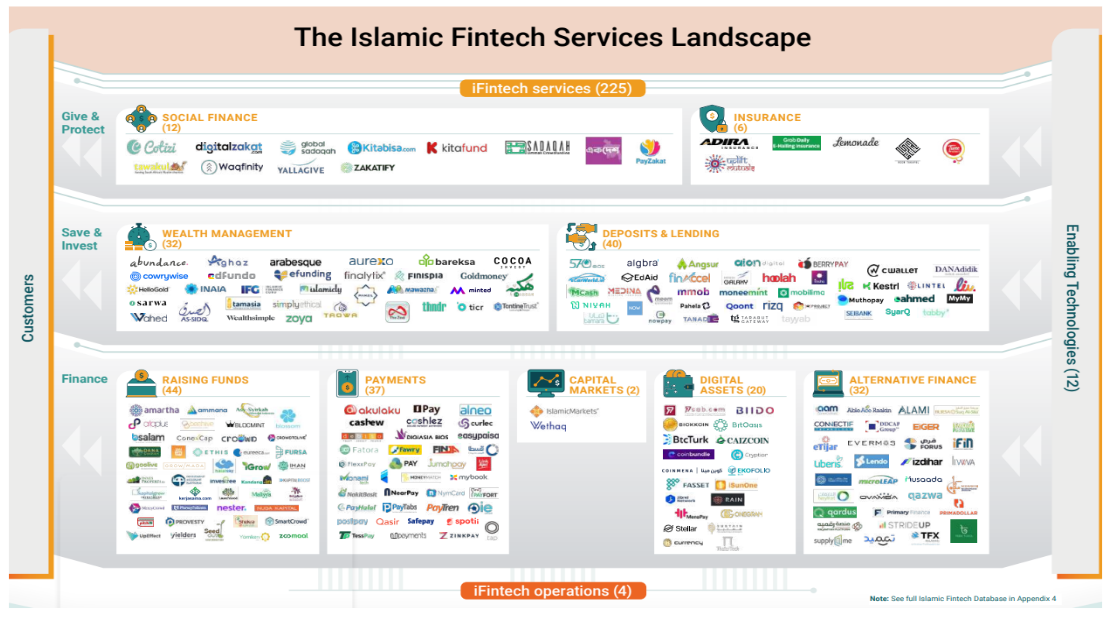
Below are samples of startup/projects on Waqf, including from a former Prime Minister on Waqf crowdfunding to Waqf as a Service to Waqf campaigns on a platform and so on, and the efforts are appreciated and respected, as builds foundations for successors.
Waqf World - Home | Facebook … ‘Tun Abdullah Ahmad Badawi is the Founding Patron of WaqfWorld.org, the world’s first global Waqf Crowdfunding platform. Tun Abdullah is strongly passionate about Waqf. In his tenure as the 5th Prime Minister of Malaysia, he introduced breakthroughs in Waqf initiatives. WaqafWorld is the world's 1st Waqf Crowdfunding Platform. We partner with global offices to support waqf programs. Off the back of overwhelming demand, the people behind Ethis Ventures are revitalizing Waqf for the benefit of the Ummah, and we’re thrilled to have some really influential supporters who believe in what we’re doing.’
iWaqf UK ‘We are re-establishing the lost Sunnah of the Islamic Waqf, by enabling individuals to establish their own personal Waqf.’
Waqfinity (Waqf As a Service) ‘As the world’s first Waqf platform, we provide excellent endowment opportunities to organisations, to help them secure a sustainable source of income and propel their organisation to greater heights.’
Waqf Campaigns - GlobalSadaqah Waqf eligible campaigns
Waqf Mall Interesting concept of ‘shop and donate’
Waqf Shop personal wealth donated to waqf becoming public wealth
Finterra WAQF Chain “Harnessing The Power Of Blockchain For The Global Development Of Waqf”
World Waqf Day Platform (full disclosure, am co-founder and Chairman)
We surveyed the noble efforts of others and inputs from meetings and discussions to create a platform that is ‘crowdsource’ built and open access, meaning content contributions from well meaning third parties.
Does the world need a world waqf day?
The world has various international days, https://www.un.org/en/observances/international-days-and-weeks, including World Hijab Day, Feb 13, https://worldhijabday.com/, hence, why not a date/day for Waqf, but without any religious symbolism/connotation. The importance of hijab has been recognized by the first female Governor of New York, Kathy Hochul.
We all want to help those less fortunate whenever/wherever, hence, a day dedicated to impact philanthropy/social impact is an important reminder for those that may have forgotten inadvertently and those that may not know
It should be noted, the term Waqf is not mentioned in the Holy Quran, but ‘some verses on matters regarding charity which carry the essence of Waqf: “The likeness of those who spend their wealth in Allah’s way is as the likeness of a grain which growth seven branches, in every branch contains of hundred seeds, and (remember) Allah will give increase manifold to which he will and Allah is All-Embracing and All-Knowing.” (Al Baqarah, 2:261)
‘According to Ibn Umar (rA), the Prophet (pbuh) first encouraged the concept of Waqf when Umar (rA) asked the Prophet “Allah’s Messenger, I have acquired land in Khaibar. I have never acquired more valuable for me than this, so what do you command me to do with it?”
The Prophet (pbuh) said: “If you like, you may give the benefit to charity whilst preserving it, so that it can no longer be bought, nor be sold, nor may it be possible to give it away or bequeath it.”
Umar endowed the land as Waqf to the benefit of the community, and declared that the property must not be sold, inherited or given away as a gift. (Sahih Muslim)’ Frequently Asked Questions - International Waqf Fund
Another example, ‘[T]he earliest known complete waqfiyya inscription in the Islamic world, which came to light (again) when it was auctioned at Christie’s in 2015, has now been deciphered. Engraved on a soft limestone, the waqf involves the endowment of two farmsteads in ninth-century Palestine, complete with quality animals necessary to work the land. The property was made over to the poor, in the name of Allah, likely by a high-ranking eunuch in service of the caliph.
The platform is a humble effort by colleagues to take an action oriented approach that is based on giving voice (especially to youth and women) and inclusiveness. Our tag line is ‘impact in perpetuity,’ as it’s a gifted ‘annuity.’
We wanted Waqf to be a fun learning experience, for young and mature, hence interesting facts about Waqf, under the ‘Did You Know,’ the content here has been contributed by third parties sharing their knowledge, here are samplings:
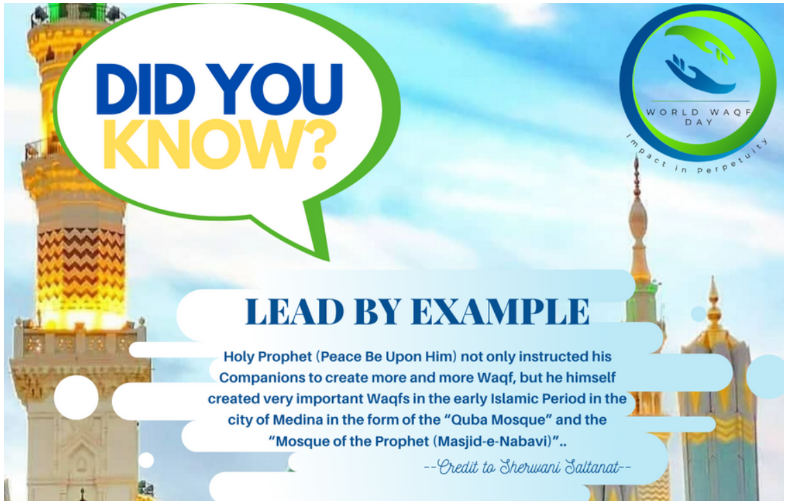
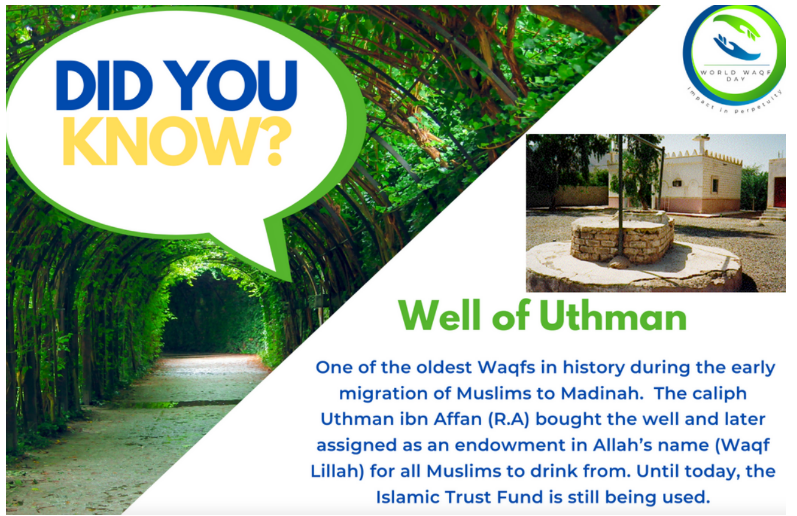
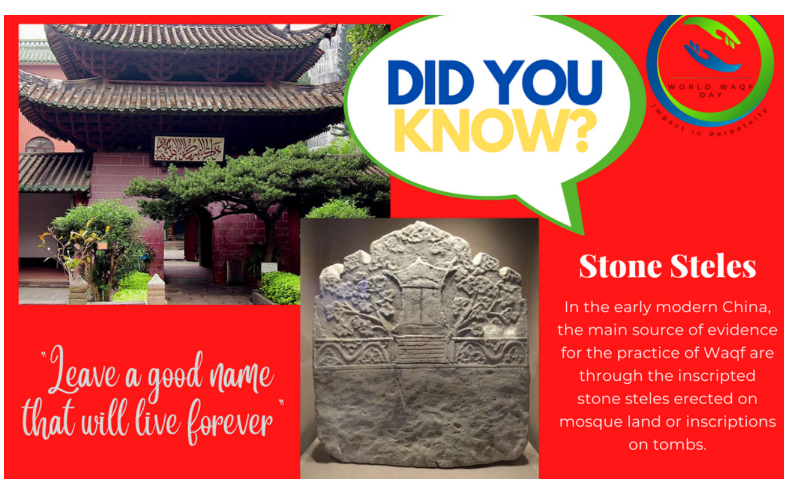
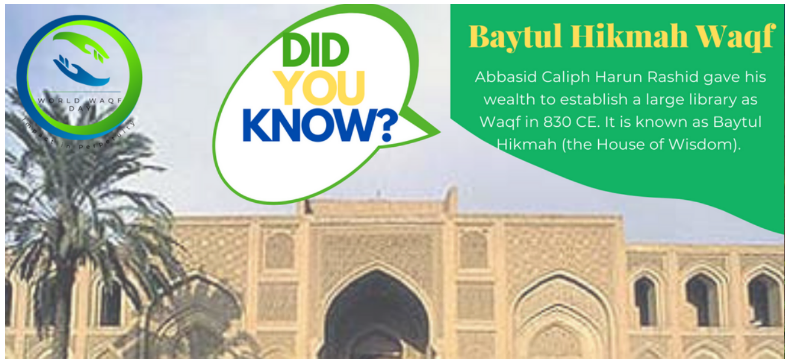
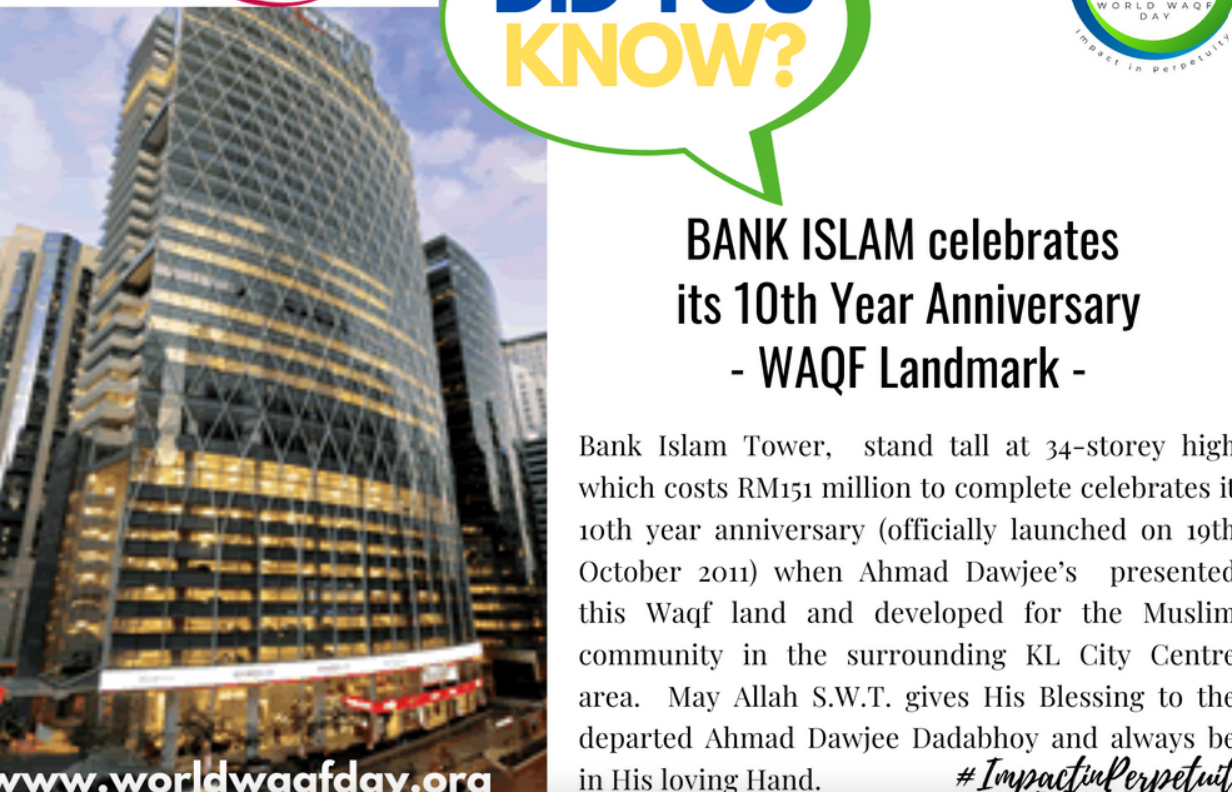
One of my favorite parts of our platform is Waqf Communities, is Waqf Talks, where young children can send in their short video on what Waqf means to them, here is a video is from a 7 year old enterprising Malaysian girl, Nayli Lim, and we hope to create contests, but where everyone wins. The other subheadings under ‘community’ are Waqf Entrepreneur, Waqf Interviews, Waqf Blogs, etc.
We wanted everyone to contribute, including people’s time via Waqf pledge, as there are many that want to help, but may not have cash, hence, their time is equally valuable in helping their local Waqf.
We wanted to provide a platform for those that want to ‘gift,’ hibah, their possession for others, and there are wonderful projects like Barterrup and work in progress like eWasiyyah inheritance suite, Beneficiary assignment, Will writing online. Obviously, there are issues on ‘value’ of the gift and logistics, but this is a stakeholder approach, hence, all are welcomed to contribute.
We wanted to share knowledge about Waqf, from articles to courses to training from third parties, hence, Waqf Academy, aspires to share knowledge, as the more we all know, the faster we can revive the Waqf.
We wanted to be a contributing platform for social impact Waqf Projects, from wells (water) to education to community development to sea ambulance to sustainable housing and so on.
There are several lessons we have learned from unfunded projects: 1. Localization (donor and project, ideally, should be in the same (geographic), community); 2. Trust & and confidence, where the vetting of project sponsor and project must meet regulatory standards (tax id and its ‘white list’ equivalent) and Waqf intentions, hence, similar to an ecommerce platform with sellers and their products, ie, verified seller, as it's about trust and confidence of buyer (donor in case of Waqf); 3. Today, we want to serve as intermediary, donor to projects, where the donations are directed towards the noble projects, as one of the issues is the large administrative costs ‘eating up’ the donation amounts.
An exciting area that will grow is the Green Waqf projects, including calculating one’s carbon footprint (in, say, dollar amounts per month, which may be $20/month or 4 cups of Starbucks coffee) and offsetting via donations (to credible third parties) involved with reforestation projects, agriculture land (Wafq), solar panels on schools, clinics, etc., in OIC. This ticks multiple boxes on stewardship, Waqf, emissions offset, etc.
Conlcusion
The ‘concept (social impact) entered the mainstream in 1972. The ideology was made famous by an American social entrepreneur, Bill Drayton. He has a long and impressive record of founding organizations that gear towards making a social impact.’ Social Impact: Definition and Why is Social Impact Important?
Social impact, within the realm of Islam/Muslim, is more than 1200 years old, and, eras like the Ottoman, showcase social impact projects via the noble Waqf.
The revival and renaissance of the Waqf projects is possible and doable as aligns to the social impact movement, and it will be led by the young people, including launching social enterprises via cash Waqf, as they want a say so and call to action in and of their future. Its already happening, we want to give them a voice and amplify their efforts for uplifting humanity and society.
Topics: Islamic Finance, Social Change, Waqf
Related Suggestions











